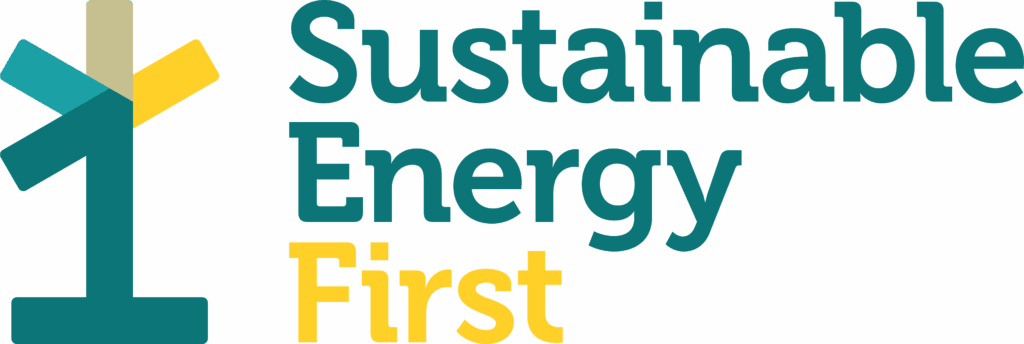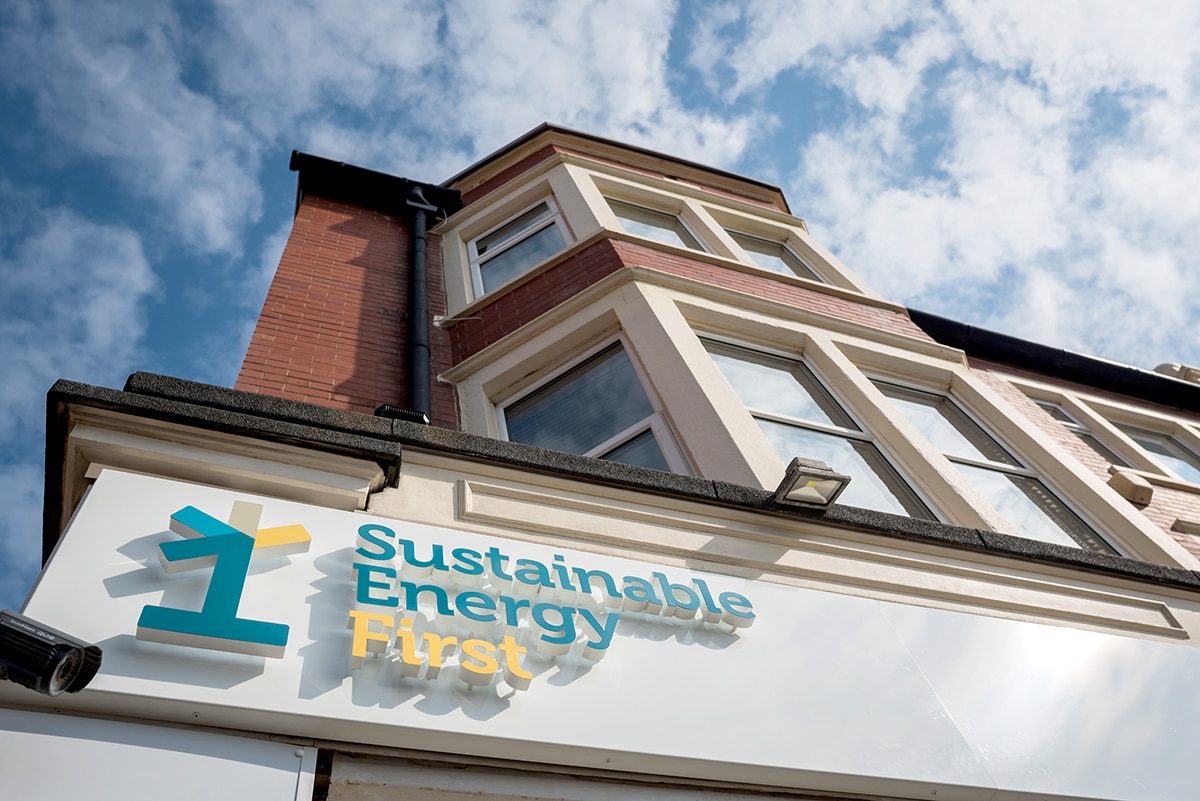With the first phase of ESOS now behind us, many businesses will have already realised the value of the additional energy data available to them and more yet will be exploring ways to implement their identified energy saving opportunities. While the potential cost-saving benefits of ESOS shouldn’t be underestimated, for future-facing and environmentally sound businesses mandatory schemes like ESOS, which obliges companies to calculate their energy saving opportunities, as well as mandatory reporting through CRC and the Mandatory Greenhouse Gas Reporting Regulations, can be supplemented by voluntary reporting schemes; offering them a way to demonstrate to stakeholders that their environmental performance is thoroughly in check and, where applicable, that they have committed to sustainable practices right across their supply chain.
The most prevalent and respected global voluntary reporting scheme is provided by CDP, and here we take a look at the benefits of participation – and how responding can help to equip your business to perform within a more competitive and informed marketplace, especially during this time of transition and uncertainty in energy policy.
What is CDP?
CDP is an international, not-for-profit organisation providing the only global system for companies to measure, disclose, manage and share environmental information, and has been running for over 15 years. Last year, more than 350 UK companies submitted a disclosure to CDP. The scores for the 2015 disclosure will be announced by CDP on 25th October 2015 and for many of those businesses who take advantage of the opportunity provided by CDP, preparation for the next round of scores is already underway.
Your green credentials – globally acknowledged
Here in the UK, energy reporting is undergoing a period of change. Whilst the future structure of reporting has yet to be confirmed, one thing is clear – the local, national and global business case for transparency and disclosure in this area is steadily growing year-on-year. Emerging business models are reported to be lean, integrated and circular, with an added emphasis on social responsibility and sustainability.* By taking part in CDP, businesses can not only identify and eliminate wastage issues which could be having a negative effect on their budgets; they can also make themselves more investable by driving performance forward more quickly and providing measureable results to investors and stakeholders.
Put simply: Your investors care
Reporting through CDP helps to increase your appeal for prospective investors. CDP is a highly regarded scheme which is shaping the future of corporate reporting; for example, by driving science-based carbon reduction targets and market-based scope 2 reporting. By responding to CDP, companies can ensure that they stay ahead of the curve in an increasingly global and competitive marketplace.
Taking CSR seriously
In addition to this, awareness of the role of business in protecting our environment has grown exponentially over recent years, heightened by schemes such as RE100 and the involvement of household names such as IKEA, Google, and Johnson & Johnson. Information is everything, and investors know that customers are more likely than ever before to choose a brand that tells them the full story and takes CSR seriously. B2B businesses certainly can’t afford to ignore the pressure on their B2C counterparts, as customers increasingly expect visibility right across the supply chain.
“In recognizing the tangible business benefits of disclosure and action, companies are raising their ambitions and taking meaningful steps to address climate change, deforestation and water security. This ensures their long-term sustainability and profitability, as well as equipping them to respond to regulatory and policy changes, such as the Paris Agreement.”
CDP.net
Maximise your score with minimum effort
For businesses who want to demonstrate that they offer a sound, ethical investment by responding to CDP, the only obstacle may be allocating time and resource to the task. Instructing an expert to do the hard work for you can not only ensure that you maximise on the benefits of disclosure and achieve the best possible score, it can also help you to identify areas for improvement and keep pushing scores up year-on year.
Date for your diary: The CDP submission deadline for 2016 is 30th of June. Start preparing now to ensure the best possible score for your business.
The experienced CDP experts at Inenco can completely manage your CDP disclosure, from collection and collation of data, through to writing and submitting your response. They can also help you maximise the benefit of your voluntary CDP participation by identifying ongoing carbon reduction opportunities across your business. If you would like to know more about CDP and how our consultant team can work with you to get the most out of voluntary disclosure, please contact Jack Shepherd at jack.shepherd@inenco.com or 07890 595 995.





